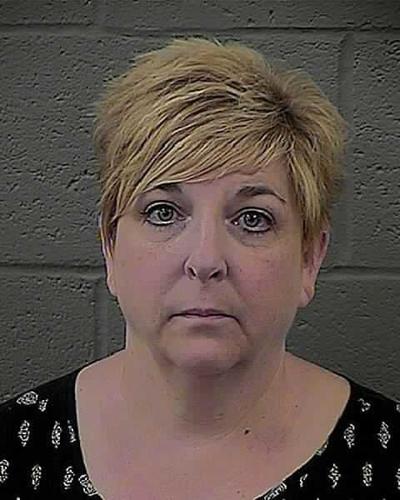Perhaps because, here in NV, I’ve often felt so isolated, so siloed by prejudice against those labeled “sex-offenders” and so shamed as a person who has chosen to stick with “my” SO, I began to reach out to find other individuals, other organizations with people impacted by the same prejudice against me and mine. Unfortunately, I have become aware of how siloed in our own little groups, how prejudiced, many of us are.
For example, few seem to realize that if they live in one of
20 states + the Feds where involuntary civil commitment “treatment facilities”
exist (to see if you live in one of the 20 states/ the Feds go to www.cure-sort.org or educate yourself about
involuntary civil commitment request their brochure). Registrants in these 20 states + the Feds don’t seem to know that if revoked on the Registry (with or without a
new sex related conviction) they can be held, forensically evaluated as
“likely” to be dangerous to themselves or another person at some unspecified
point in the future, forensically labeled SVP (sexually Violent Preditor) and based solely on a prediction they can be, not imprisoned for a set length of time but, instead, sent
directly to one of the state’s “treatment”
facilities and indefinitely detained “likely” forever.
SPV, you say? Well, they deserve what they get. “My” guy is
better-than. “Those SVP’s” they ought to be indefinitely detained. Anyone who
would choose to stick with an SVP is… Reminds me of standing in line at the
prison and having to keep quiet about “your” loved one’s sex-related conviction
for fear of blow-back from the better-than-crowd.
There is one NV group that seems to have over come their prejudice, their “my guy is better than” syndrome, The Friends and Family of Incarcerated Persons ( FFIP.NV@gmail.com ) is now Prison Families Alliance (PFA). https://PrisonFamiliesAlliance.org Message phone: (702) 763-1389. FFIP NV is attempting to get out of the silo and go national. They have a monthly Calendar with a Support for Families of “sex-offenders” zoom group with people from all over the US. Family and friends are welcome whatever state you live in.
No, I’m not suggesting you stop what you are doing against
the Registry restrictions. No, I’m not suggesting leave your local Fearless
Group, or any group if you have one, not suggesting you leave NARSOL https://narsol.org
or WAR https://ww1.womenagainstregistry.org or ACSOL https://all4consolaws.org or a group fighting against terrible prison conditions, https://perilouschronicle.com. Maybe Google and watch videos at Cure National cure@curenational.org) check out CAGE ladyjusticemyth@gmail.com
an organization against phone stings or contact Sherri Harlow thoughtasweak@yahoo.com?
I ’m just saying we all need to climb out of our silos. We all
have skin in the game in more ways than we realize. There are allies out there, people we can
help and who can help us grow to critical mass and, together, we will be able
to effect real change. But first we need to examine ourselves and recover from our own “better-than”
prejudice, reach out and add our strength to theirs. So next time you hear that
some sister-group in your state, maybe EndMSOP in MN ( www.the voicesofocean.net
) is going to hand out Brochures against involuntary civil commitment at the
state fair, grab your own brochures and hand out in solidarity with them. It
will lessen the pain of isolation and, together, we will all be better able to
attack the injustice each of us faces every day.


